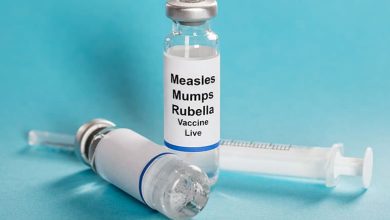
Have you ever been at the gym and noticed the person next to you looks like they’ve just been hosed down, the ground beneath them a puddle of sweat? Perhaps you’ve caught a glimpse of yourself in the mirror and seen the same image?
Even though people might get super-grossed out by perspiration, it’s a pretty important tool for our bodies to regulate temperature and stay safe during high intensity activity. In fact, research suggests that the more you sweat, the more fit you may be.
Just what is the purpose of sweat, anyway? Well, when our bodies start to heat up (through exercise or being in the sun or a hot room) our sweat glands start to produce perspiration droplets. Some of these droplets will evaporate and dissipate heat that way and the movement of our bodies through the air will cool the rest of the sweat on our skin, effectively regulating our temperatures so we don’t overheat and experience dangerous effects to our internal organs.
For those who live mostly sedentary lives, their bodies are not used to heating up as often or as quickly as more active people. When overheating does occur, their bodies may need some time to get into the groove of regulating temperature effectively through perspiration. Folks who are physically fit (especially endurance athletes), however, are accustomed to their bodies warming up and producing a lot of power for sustained periods of time. Therefore, they will usually start sweating sooner as their bodies become adept at kicking its cooling down protocol into high gear.
Basically, it all comes down to what we train our bodies to do and how we train it to respond to the physical demands we place on it. There are other factors that affect the amount of sweat pouring out of our pores, however, such as how close we are to our VO2 max, or maximal oxygen consumption. For example, a newbie gym-goer doing the same workout at the same pace of a seasoned athlete will also sweat buckets because they have to exert way more energy (and, therefore, heat up their bodies and trigger more perspiration) than the person with better endurance.
“[How much you sweat] is an important characteristic to learn about yourself to optimize physical performance and prevent heat illness,” Dr. Robert Sallis, co-director of the Kaiser Permanente Sports Medicine Fellowship Program at Fontana Medical Center, told The Huffington Post. You can calculate how much sweat you lose during a workout session by weighing yourself before and after.
Try replacing the amount of water you lose by drinking some while you work out (for example, if you “lose a pound” after working out, drink 16oz of water during that workout hour). It is also essential to replace electrolytes after a heated gym session, so be sure to include foods in your diet with recommended amounts of calcium, potassium, magnesium, sodium and other essential trace minerals. And, as always, find the appropriate pace, setting, frequency and types of workouts that fit best for your physical capabilities, mental health and realistic goals






